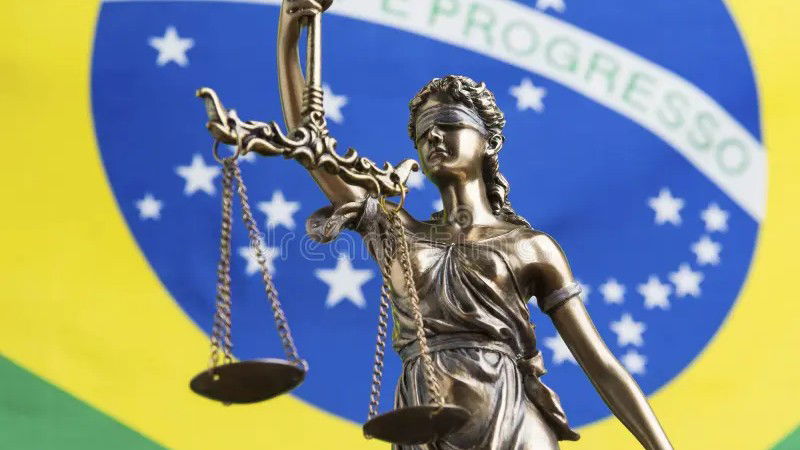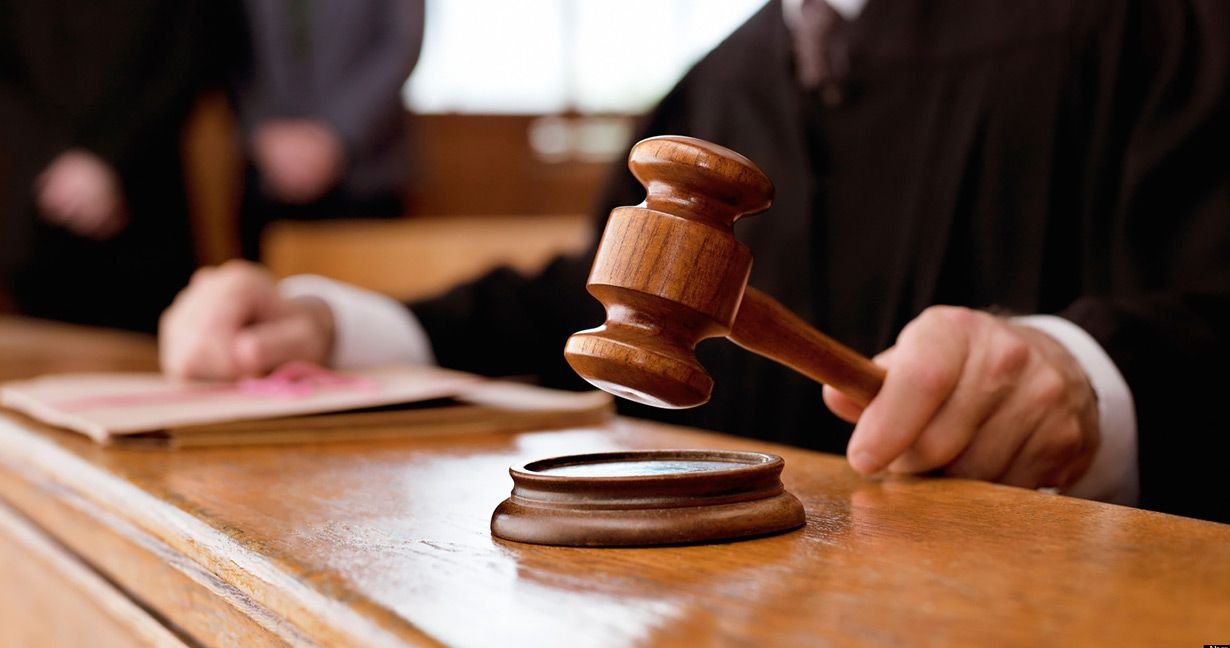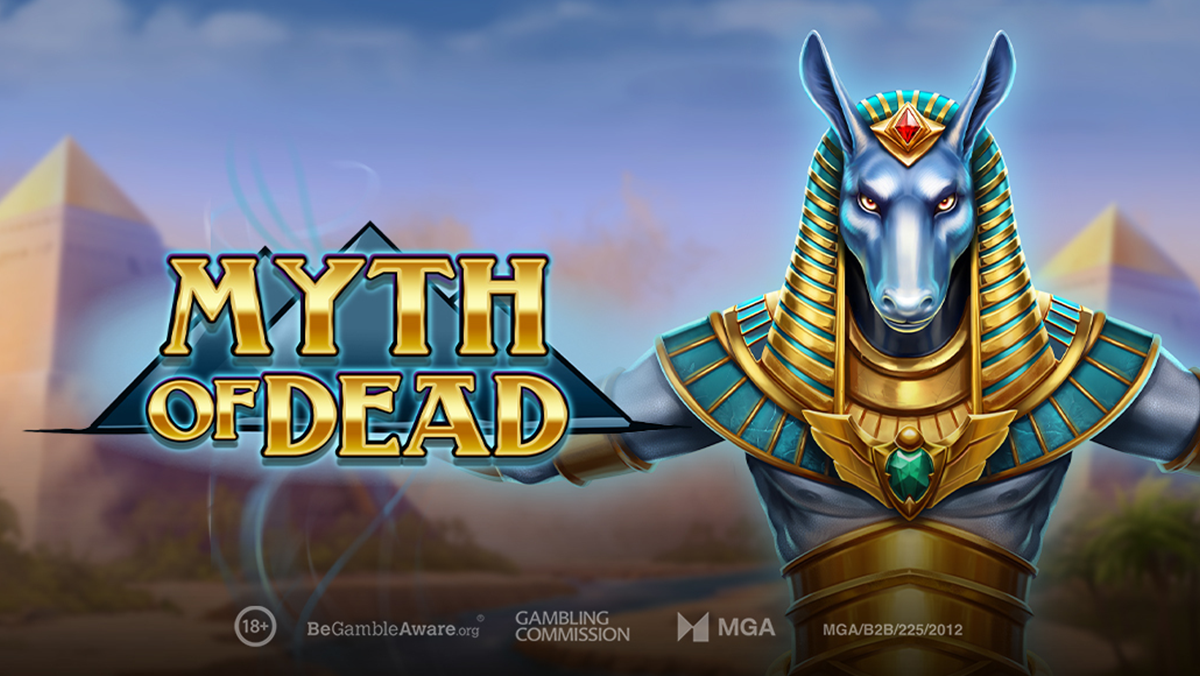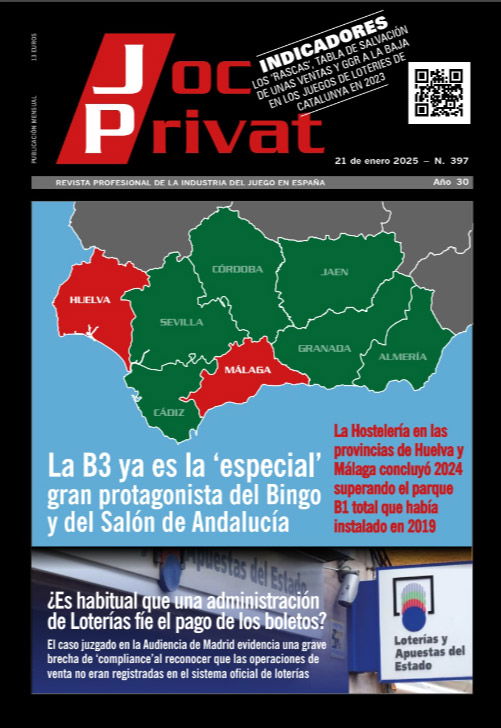Brazil court upholds autonomy of Rio’s Loterj-accredited betting operators

Brazil's Federal Regional Court of the 1st Region has upheld the right of Rio de Janeiro’s lottery authority, Loterj, to regulate sports betting and online gaming within the state, rejecting a federal challenge to impose additional licensing requirements.
The court’s 6th Panel dismissed an appeal by the Attorney General’s Office (AGU) that sought to enforce federal accreditation on Loterj licensees, affirming their ability to operate solely under state-issued licenses.
The ruling effectively suspends ordinances issued by Brazil’s Ministry of Finance that mandated federal accreditation for betting operators. These ordinances, aimed at centralizing control over advertising and unlicensed platforms, required all operators to apply for federal licenses by September 30, 2024.
However, Loterj-licensed operators are exempt from these requirements as long as they adhere to the state’s regulatory framework.
“Loterj licensees have the ‘broad and unrestricted right’ to continue operating fixed-odds online betting regardless of federal regulations,” noted the court’s decision.
The decision builds on a 2020 Supreme Federal Court (STF) ruling that declared the federal monopoly on lotteries unconstitutional, enabling states to establish their own regulatory frameworks. Loterj, backed by Federal Law No 13.756/2018, has since accredited operators through a system introduced in April 2023.
Under Loterj’s rules, licensed entities are required to pay an upfront fee of R$5 million ($830,000), contribute 5% of their profits for up to five years, and comply with all tax obligations.
“The ordinances blatantly violate Law No. 13,756/2018, which preserves previous legal acts,” the court added.
Industry stakeholders have welcomed the decision, expressing confidence in the ability of state-regulated operators to continue their activities. While the ruling safeguards Loterj’s operations within Rio de Janeiro, the agency continues to pursue judicial validation to expand its operations nationally and counter potential federal restrictions, including GPS-based limitations on bets and inter-state operation bans.


















































